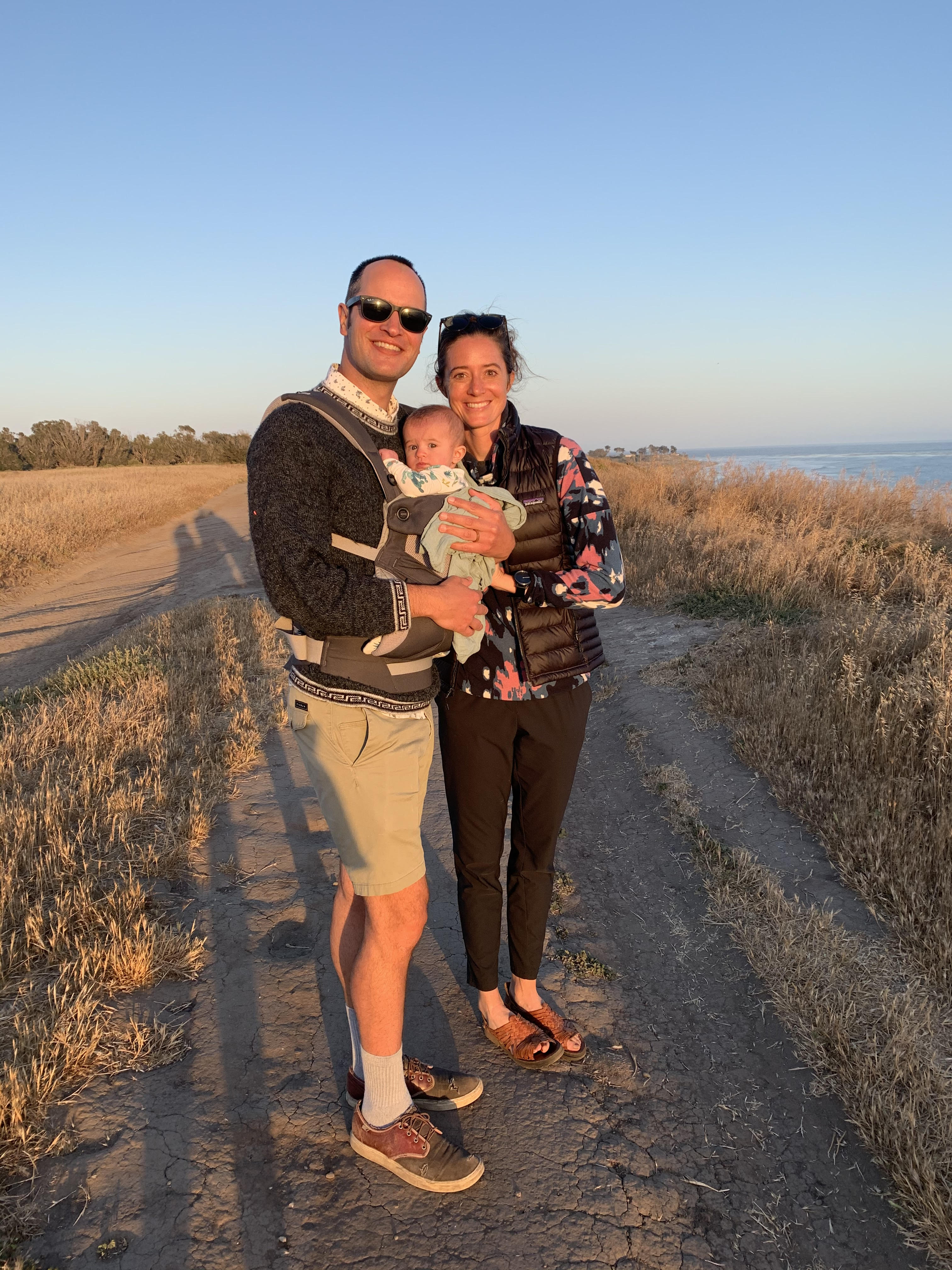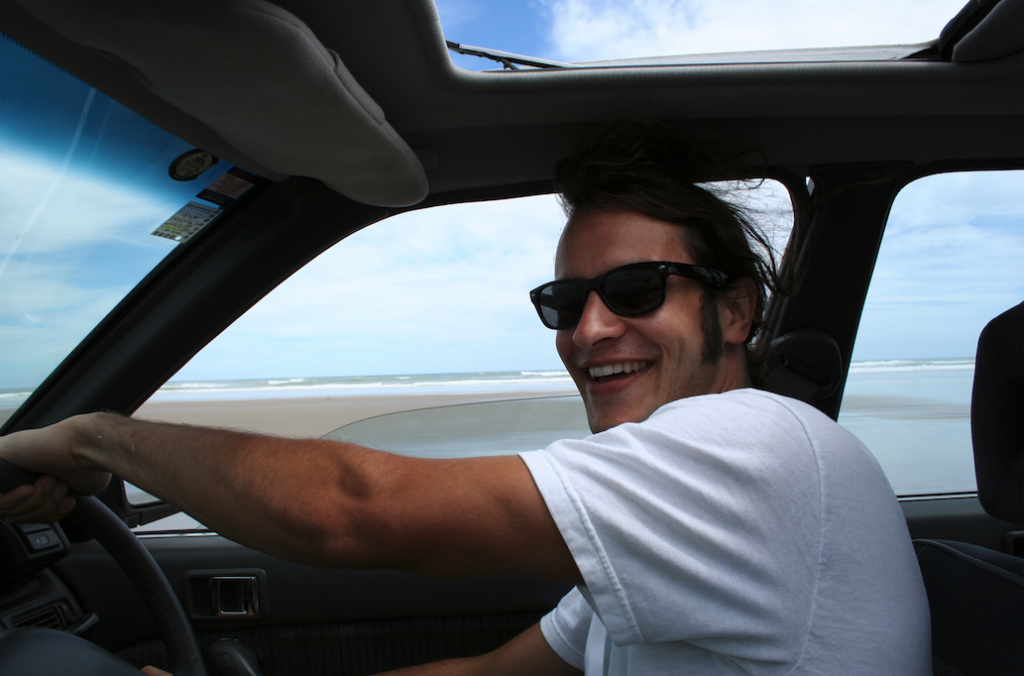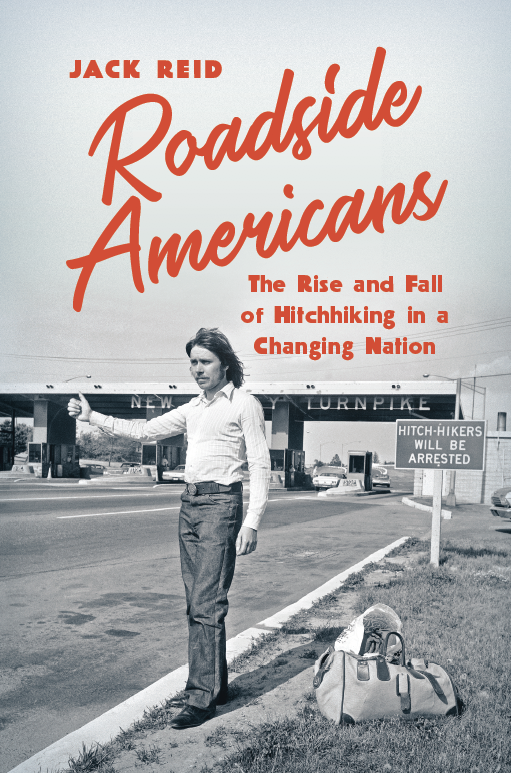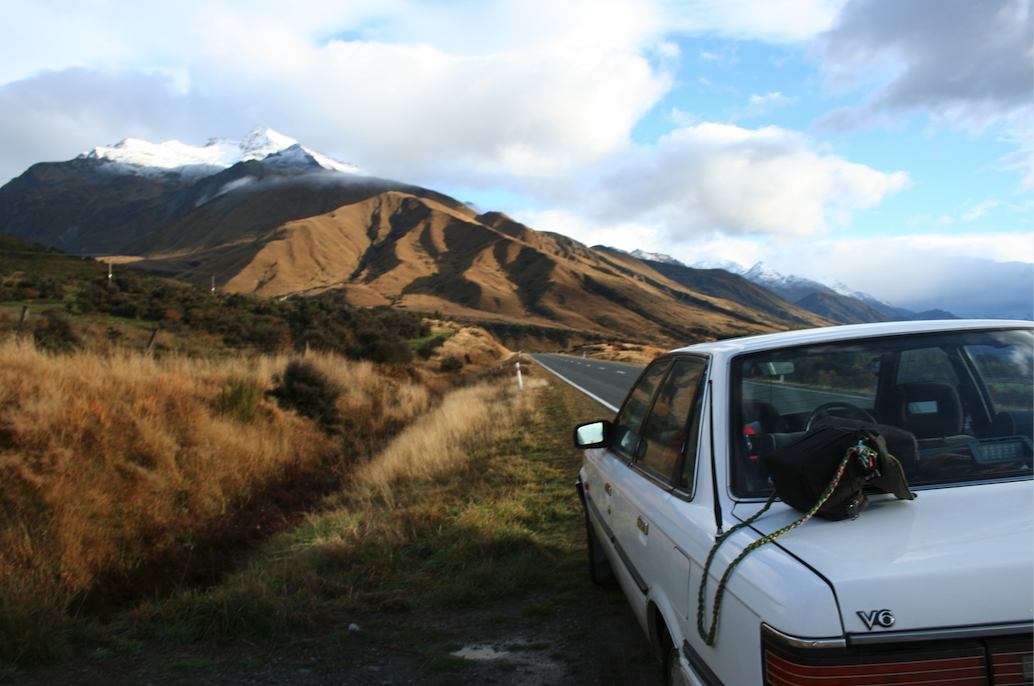NAU Communications sat down with Jack Reid, a learning specialist in Academic Success Centers to get to know him on a more personal level. Read our questions and his answers below.
Q: Tell us about a significant childhood memory and how it has impacted your life today.
A: I am a big Chicago sports fan, and much of that grew out of childhood experiences watching Michael Jordan and the Bulls. Growing up in Illinois, I’d run outside and shoot baskets during halftime of the Bulls’ NBA final games—pretending I was part of the game. I even got to see Jordan play a handful of games in person. The Bulls won six titles in the 1990s. They’ve never won again—but for some reason I still can’t quit them. In fact, I watch a lot of bad Chicago sports, clinging to a dream that one day they won’t let me down. That paid off in 2016 when the Cubs won the World Series after a 108-year title drought, but those feelings of validation have been few and far between. Nevertheless, I still love watching sports—I enjoy the drama of it all and that nobody truly knows
Q: What have you been most proud of this week?
A: As the learning specialist at the Academic Success Centers, I interact with a lot of students who are feeling overwhelmed by the transition from high school to college. It has been rewarding to help build their confidence and offer some tips to make the experience less stressful. I also managed to sleep seven straight hours one night this week despite having an eight-month-old.
Q: What is your favorite way to spend a day off?
A: If it is a weekday in the summer and I know I can avoid big weekend crowds, I love heading down to Sedona and swimming in Oak Creek with some friends or my wife and daughter. Along the way I try to listen to a new playlist and maybe stop at a café to drink some coffee and read a book. To round out the day, I’ll get some friends together to have dinner, catch up and watch a movie in the evening. In the autumn, I love camping with my family along a forest service road and taking in the aspens—hiking during the day and enjoying the stars at night.
Q:What are three things on your bucket list and why?
Publishing a book was always a big item on that list, and as of last year I can now cross that one off. NPR and the Smithsonian even featured the book on their best of 2020 lists. Check it out! The next idea I’ve been toying with is writing a screen play—it would be incredible to see something I wrote turn into a film. Beyond that, I’d like to have a big group of friends meet up for a trip every five years or so in someplace new. As you get older, it is so hard to stay in touch with people—the idea of being on vacation with some of my favorite people sounds amazing.
Q: What is your philosophy in life?
A: Stay curious and try to find balance. I enjoy learning more about things I come across during the day—whether it be some weighty political issue or what the song I heard on my way to work was about. I also try to avoid extremes and seek a degree of balance in life. I remember reading about the Buddhist concept of the “Middle Way” in college and realizing that this worldview had been guiding much of my thinking all along.
Q: You wrote a book about hitchhiking. Why?
A: I took off on a five-month trip touring New Zealand after I graduated from college. Along the way, I stayed on farms—volunteering to work in exchange for meals and a place to stay (Its called WWOOFing, if you’re interested). I bought a cheap car, and in between farms would take road trips to different locales around the country. In doing so, I came across a lot of hitchhikers. The interesting thing was that many of them were a lot like me—young travelers exploring the country. Growing up in central Illinois, it had never crossed my mind to hitchhike. It seemed too risky, but then again, I was traveling around staying on strangers’ farms and having a great time. I gave a few of these hitchers a lift, and it was fascinating to learn about their lives. When I eventually came back to the States I mentioned the hitchhiking phenomenon to my dad. Surprisingly, he told me he used to hitch in the ’70s and that his father did as well during World War II. It sparked an interest—what happened? Why did it go away? Eventually, I felt compelled to write a book on the topic.





